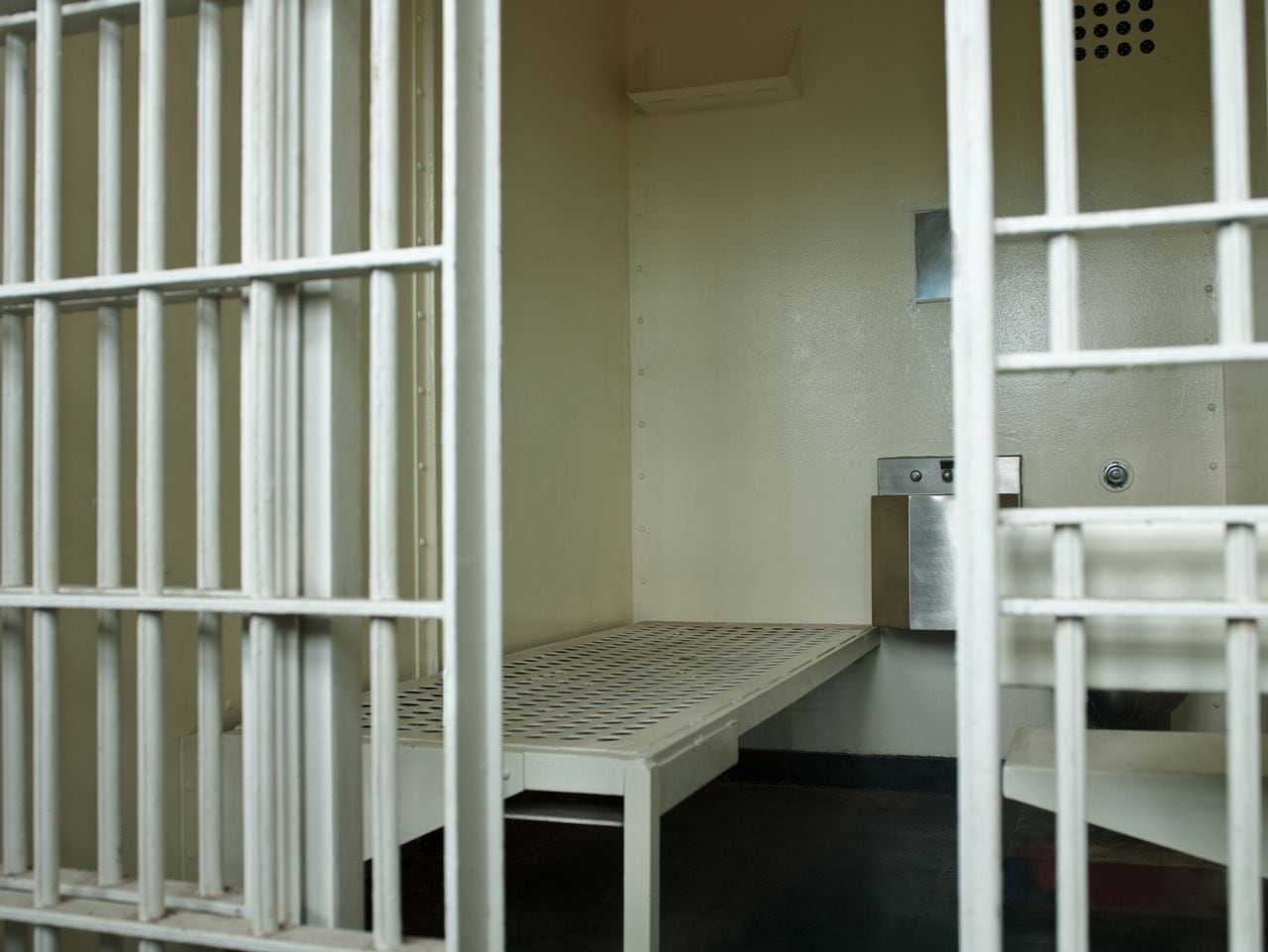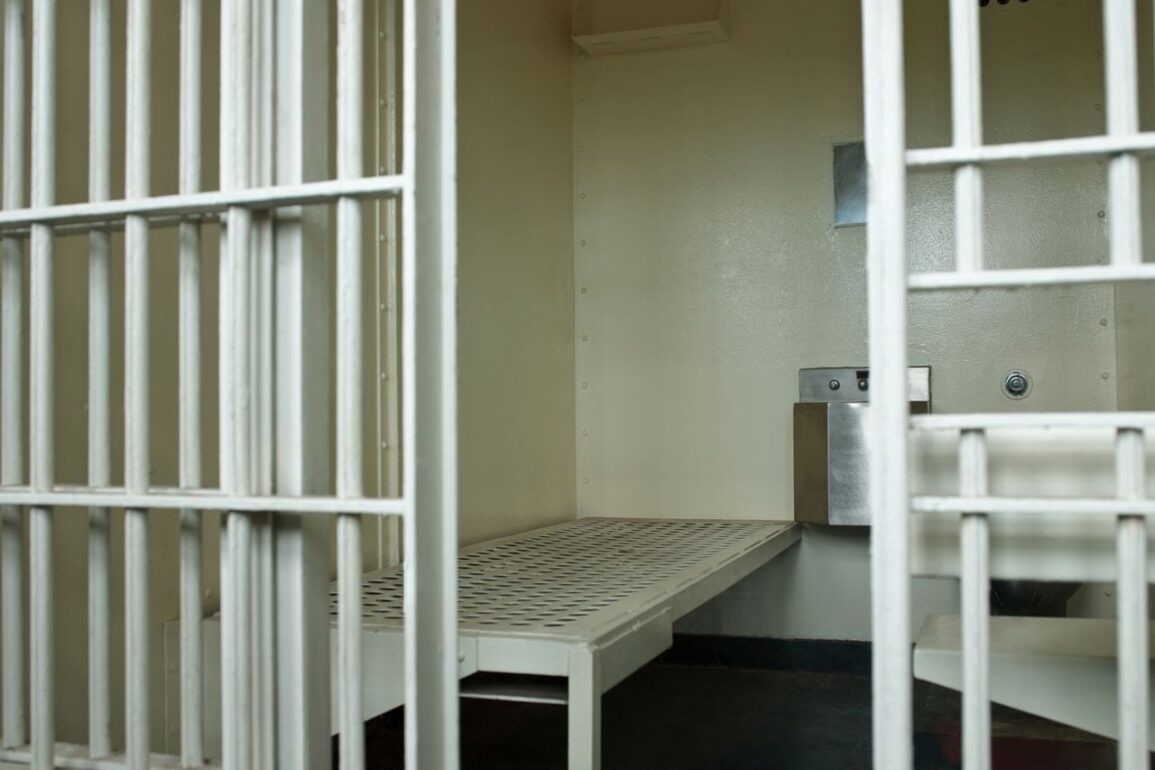
The U.S. Justice Department said Monday that people in prison are covered by the Americans with Disabilities Act, and therefore have a right to medically necessary medications including those used to treat opioid addiction.
It did so in the form of document filed in a private lawsuit that alleges a Delaware County prison forced an opioid-addicted inmate to undergo medically supervised withdrawal.
The inmate, under a doctor’s supervision, had been taking methadone, which prevents the sickness brought on by opioid withdrawal, but doesn’t make the user high. Methadone is one of several government-approved drugs for treating opioid addiction. In general, Pennsylvania prisons are supportive of medication-assisted treatment including methadone.
People being treated with methadone must take it daily to avoid going into withdrawal. Although methadone is an addictive drug, it prevents craving for opioids and is credited with enabling people to live normal lives.
In a news release, the justice department said the ADA guarantees that people in jail or prison have access to drugs considered medically necessary, and they “do not surrender their rights at the jailhouse door.”
It said the ADA “prohibits jails from categorically restricting access to FDA-approved [opioid use disorder] medications, like methadone, without individually assessing whether the person being denied access needs that medication to effectively treat their disability.”
The lawsuit involves the George W. Hill Correctional Facility, a county jail. It alleges the jail has a policy of providing methadone for pregnant women, but requiring others who were on methadone to undergo medically-supervised withdrawal.
The justice department said Monday’s court filing “furthers its broader efforts to combat discrimination against individuals with OUD and to remove discriminatory barriers to treatment.”
Those efforts include a 2022 lawsuit alleging some county drug courts in Pennsylvania discriminated against people with addiction by requiring them to stop medication-assisted treatment, and use only abstinence, to complete court-ordered programs.
This post was originally published on this site be sure to check out more of their content.









